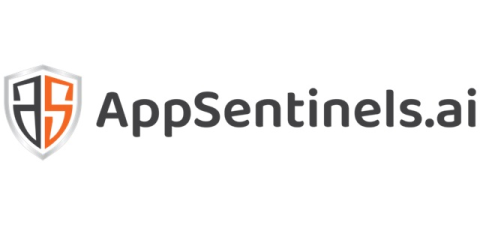Why Relying Solely on API Security Testing Products Can Be Counterproductive
As APIs continue to drive modern digital ecosystems, securing them has become an organizational imperative. Few companies turn to API security testing products to identify vulnerabilities and safeguard their APIs. However, these tools are counterproductive when relied upon as a sole security measure. Here’s why.




